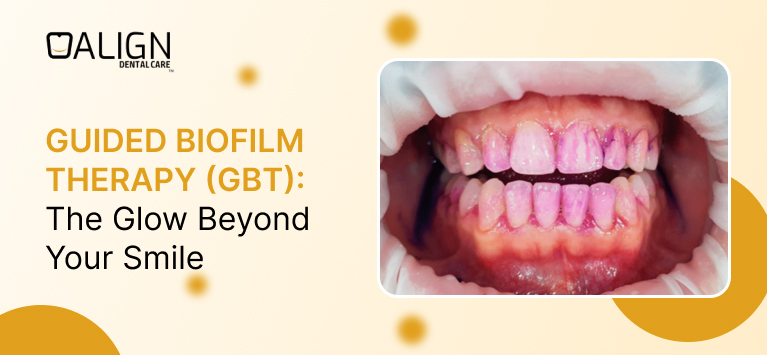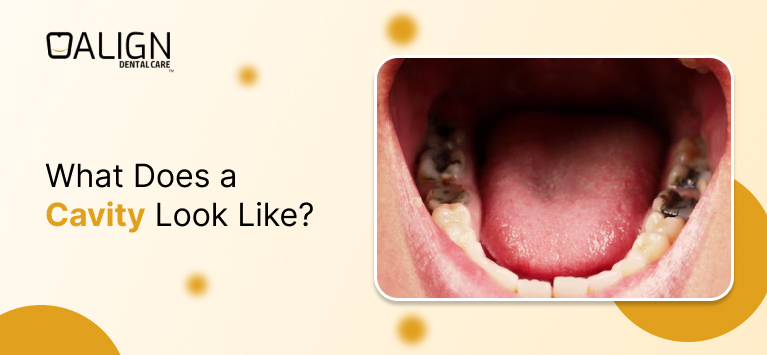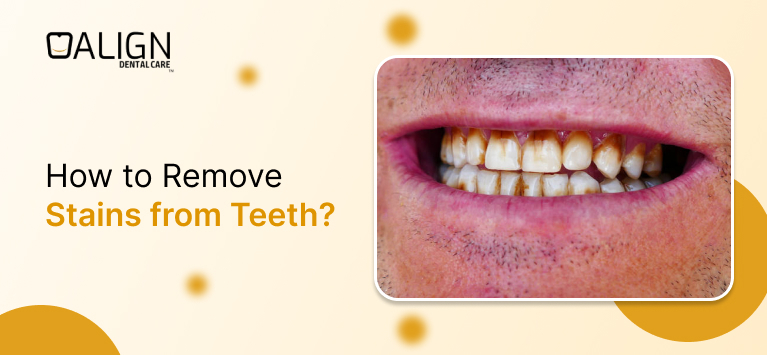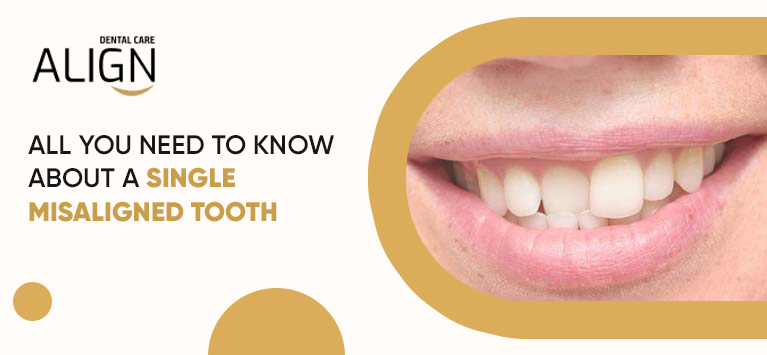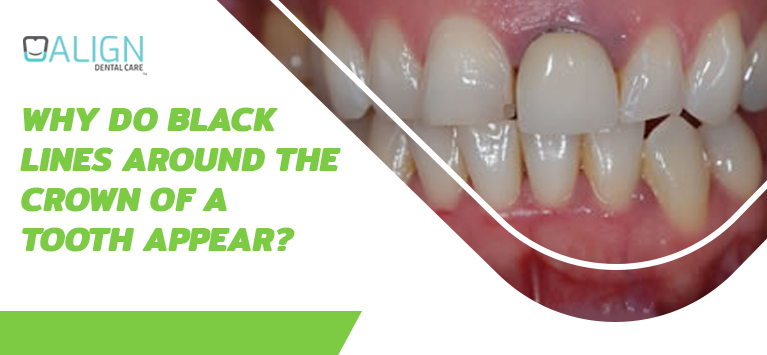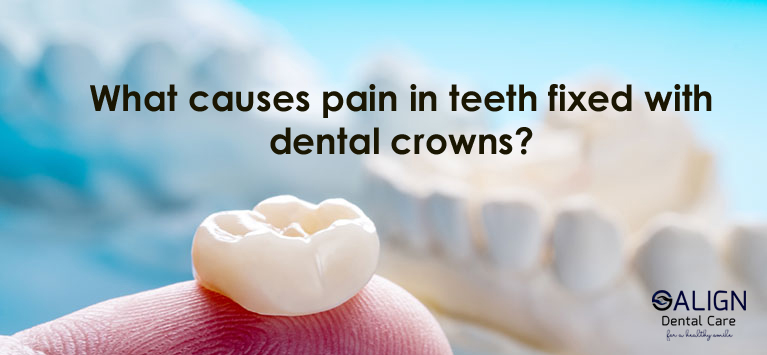
What causes pain in teeth fixed with dental crowns?
When you seek in-office dental care to fix cracked, broken teeth or severely damaged teeth, dental doctors place a tooth crown on top of the problematic tooth. Moreover, dental crowns are mandatory to enclose the root canal filled tooth. Dental crowns are tooth-shaped caps that can be mounted over the tooth surface to regain its appearance and strength.
Cementing a dental crown on a damaged tooth does not mean the treated tooth is no longer vulnerable to dental ailments. It is also susceptible to infection because of the tooth’s remaining portion present beneath the prosthetic appliance.
Once the dental caps get cemented, they exhibit mild pain and sensitivity which subside on their own. The appliance should not cause pain after the tooth adjusts to the new fixture. If you encounter such discomforts around the crowns for a long time, it will be an indication of various intrinsic problems that should be sorted out immediately.
Here are the 4 common factors of hurting crowns and treatments required to fix this problem explained by our Prosthodontists.
Table of Contents
1) Receding Gum Line
The gum tissues around the fixed crown tender and recede over time. The recession rate is accelerated with forceful brushing and poor oral habits. The gum recession reveals the sensitive tissues in gums and even the tooth root is also exposed.
As the underlying soft layers are exhibited, sharp pain arises when they are exposed to foreign objects and temperature variations. It clearly shows that the toothache around the crowns is not from the nerves inside the tooth alone, they can also arise from the tissues inside the gums.
Moreover, this problem makes the gum layers vulnerable to bacteria accumulation leading to plaque build-up that ends in serious gum diseases.
2) Fractured tooth
The original tooth that exists under your crown is still susceptible to get cracks. Habits like biting non-edible things, constant grinding and clenching teeth are efficient to develop chips over the crowns. The pressure you are putting can even fracture the underlying teeth and injure the tooth nerves.
The pressure you applied on the traumatized nerve will trigger unbearable pain. If you notice the aching feel is increasing in frequency, the extent of fracture in the tooth will be large.
3) Inflammation in tooth nerves
The bacteria can enter the tooth through cracks in the tooth caps. It is followed by the accumulation of bacteria in the existing natural tooth underneath lead to cavities and irreversible inflammation in the pulp chamber. It indicates the crowned tooth is debilitating and trigger various discomforts as follows:
- Pain around the fixed crown
- Sore and tenderness in gums around the diseased tooth
- Dental abscess
- Tooth becomes sensitive to temperature variations.
4) Improper alignment
Poor craftsmanship in fixing crowns also persuade pain in the crowned teeth. If the crown does not meet the size and shape of the tooth, it will end in poor alignment of fixing crowns. This exposes the sensitive layers underneath the enamel. It causes biting problems that trigger unbearable pain.
Meanwhile, the crowned teeth are susceptible to sensitivity with the leakage of adhesive material used to cement the caps.
How can we get rid of pain around the dental crowns?
When the root cause of crown toothaches has been identified, it can be rectified with relevant dental treatments as follows:
If the problem arises with crowns size and alignment, the crown is removed and a new custom-made cap that fits the teeth will be adhered to. The same procedure applies to fix gum recession.
On the other hand, if the toothache occurs with the infection in the underlying tooth, the original tooth has to be root canal filled.
Cracked or fractured teeth require appropriate tooth repairing works. Otherwise, teeth replacement solutions like dental implants or dental bridges are preferred.
Bottom Line
Keep in mind that the newly fixed crowns show mild pain that goes on its own quickly. In contrast, the lingering pain that ranges from moderate to severe is an abnormal thing. This acquaints you with the issue or dilemma in the dental crowns and seeks dental support for a cure.





